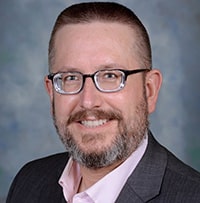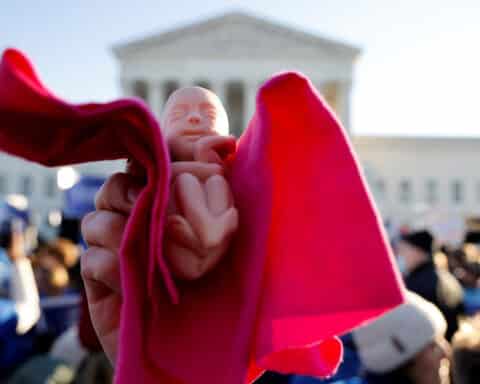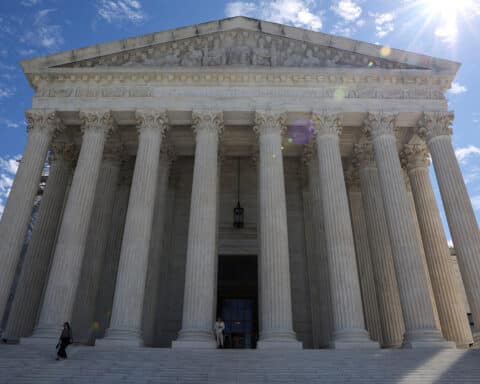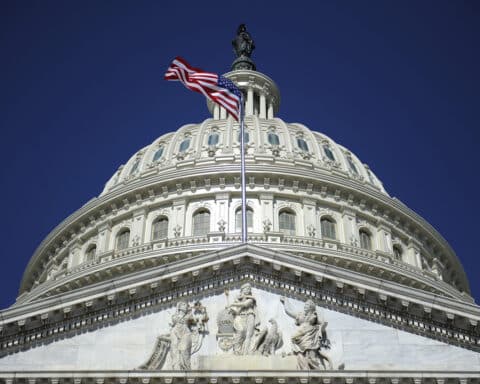
Another way to describe that duty is to say that we are to avoid repeating (much less creating) falsehoods, as far as we know them to be false. When Father John Francis Noll wrote in the first issue of Our Sunday Visitor about the need for a Catholic press “devoted to the cause of truth, the refutation of error, one hard at work to produce the antidote,” he wasn’t thinking of baptizing the secular media and calling it a day. The Catholic press, he believed, was the cure for “the anti-Christian literature which has daily entry into our homes.” By definition, its anti-Christian nature meant that it was not devoted to telling the truth or to avoiding falsehoods.
Here we are, 110 years later, and in the wake of the U.S. Supreme Court’s decisions in Dobbs v. Jackson Women’s Health Organization and Kennedy v. Bremerton School District, it’s impossible to imagine that the man who later received the honorary title of archbishop for his service to the cause of the Catholic media in the United States and around the world would think that the battle for truth has been won. If anything, much of the secular coverage of these decisions has been marked by a disregard for truth and the promulgation of outright falsehoods — up to the promotion of the conspiracy theory that those who have fought for the unborn over the last five decades could soon start purchasing data from period-tracker apps in order to target women who may be pregnant with legal action to prevent them from seeking an abortion. (No, this outlandish idea wasn’t confined to a few fringe websites: NPR, the Washington Post, The Week, the New York Post, and the Wall Street Journal were among the many mainstream publications who gave credence to this conspiracy theory.)
But beyond the outright falsehoods, something more disturbing is at work: The secular press has presented Dobbs‘ overturning of Roe v. Wade and Planned Parenthood v. Casey, and the return of some semblance of sanity regarding the free exercise of religion in Kennedy v. Bremerton School District, as simultaneously the work of a massive army of Christian theocrats and outcomes desired by essentially no one in these United States.
Article after article profiled abortion-clinic workers who have lost their jobs and who fear for the women whose children’s lives they will never have a chance to end, but I have yet to see any that provided readers with a list of the health care, job training, parenting-skills classes, adoption services and outright financial support offered by almost every pregnancy-care center in the country. Nor have I seen an article in the secular press that noted that (before Dobbs) pregnancy-care centers outnumbered abortion clinics across the United States by nearly two to one. (There are somewhere between 2,500 and 3,000 pregnancy care centers versus — according to the Alan Guttmacher Institute — 1,587 abortion clinics.)
All of the pregnancy-care centers depend on donations to provide their services; all but a handful of abortion clinics are for-profit operations. Media concerned with the truth, or even “objectivity,” would find such facts important. That the secular press deems these truths irrelevant, and even realities to be kept from the public, is proof in itself that the Catholic media is more necessary now than ever before.
Scott P. Richert is publisher for OSV.





